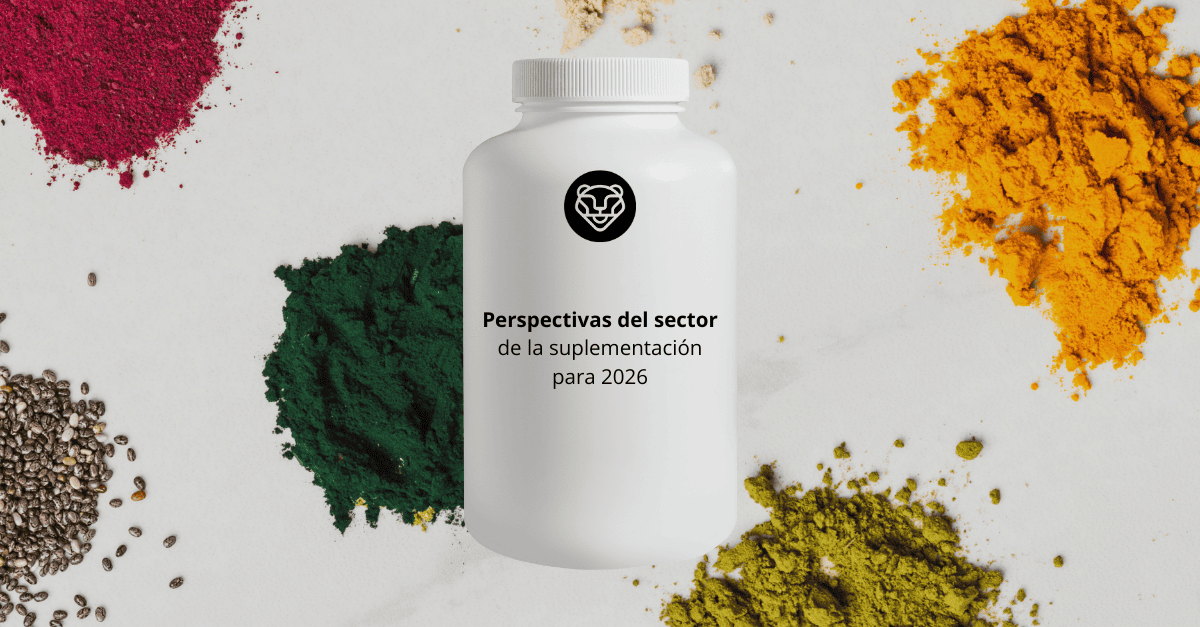Novel food or non-authorized food?
How the way of obtaining a raw material affects its regulation and authorization
L-theanine or L-gamma-glutamylethylamide is an amino acid usually found in tea (Camellia sinensis), and it’s associated with a relaxing effect. This effect is caused by an increase in GABA production and has an impact on serotonin and dopamine concentrations at brain level.
L-theanine presents different obtaining methods, being the extraction and isolation form green tea the most common one. However, it can also be obtained from chemical synthesis.
How is nowadays its legal situation?
This is where we enter the question that concerns us today: L-theanine and novel foods.
A novel food or new food is any food that had not been consumed to a significant degree by humans, and that has no consumption history, before May 1997 (Regulation 2283/2015). As examples of novel foods, we can find insects, and some algae, even though the list goes on and on. In case of intending to introduce a food into the European market, a commercialization authorization must be requested and wait for a positive response.
This regulation affects L-theanine because, when obtained from green tea and used as a food supplement, it is not considered as a novel food. Meaning that if the two requirements are met, it is understood that there is a history of habitual consumption before May 1997 and therefore it is considered that it is safe and is authorized. In short, it can be used without problem.
However, if L-theanine is going to be used in a field other than supplementation, an application for novel food authorization must be submitted, and wait for the authorities to accept it, since there is no history of consumption for that use.
The same situation applies if L-theanine is obtained from sources other than green tea, such as chemical synthesis. Its use is not currently approved and therefore an application for novel food must be submitted to the competent authorities (EFSA).
For that reason, it is important to make an appropriate legal evaluation of raw materials, through consulting services, when a new product development for European market is being made.



